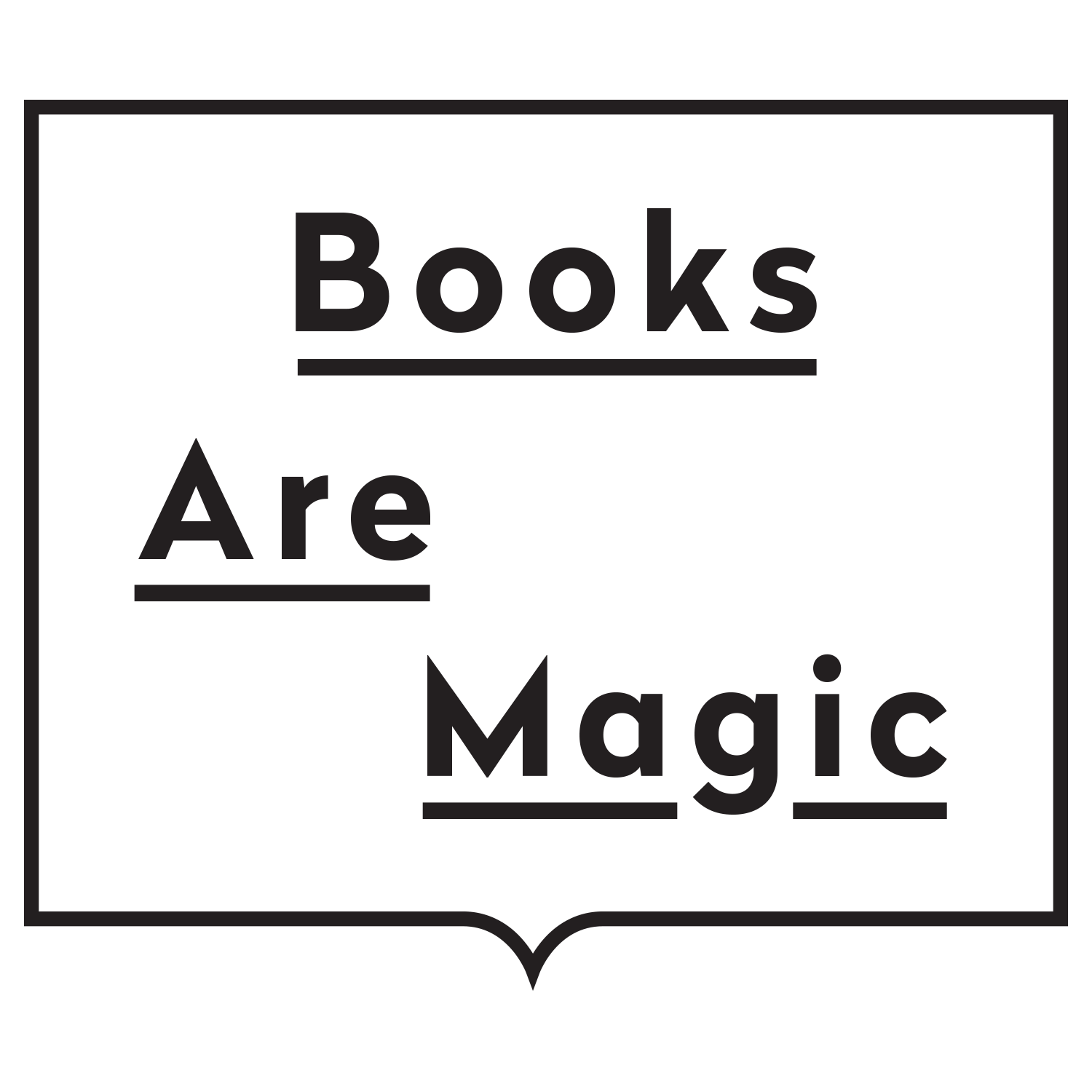Reading Between the Headlines: China
This week, our Reading Between the Headlines series takes a closer look at China. Bookseller and events coordinator Nika has put together a list of books that delve into the exciting world of Chinese literature. When coronavirus emerged, the world turned its focus to Wuhan, ready to watch the impact of the virus and learn from it. Unfortunately, this attention has also been accompanied by increased anti-Chinese and anti-Asian xenophobia across the globe. These sentiments have already led to suspicion, blatant racism, and, tragically, physical attacks. This is the perfect moment to learn about the fascinating and complex world of Chinese literature, history, and art.
written by Nika Jonas
The Three-Body Problem by Cixin Liu
Chinese writers have been churning out top-notch science fiction for years, but there’s no better place to start than The Three-Body Problem by Cixin Liu. The first in his beloved trilogy, this book is set during China’s Cultural Revolution as a secret military project attempts to establish contact with aliens. When they succeed, they must decide whether to welcome the alien civilization or fight against invasion. More than that, though, Liu grapples with questions of technology, morality, and progress with breathtaking creativity and vision. If this is your thing, you may also like That We May Live: Chinese Speculative Fiction, an anthology collecting writers at the cutting edge of speculative fiction.
Love in the New Millennium by Can Xue
For the fiction-minded who are not sci-fi enthusiasts, there’s no better place to start than Can Xue. Her stories inhabit a bizarre world all their own that bears much resemblance to our own at first glance, only to warp as you read further. Love in the New Millennium, Can Xue’s latest novel to be translated into English, follows a group of women living in a dangerous world of surveillance, secrets, and informants as each seek escape and love in its various forms.
China in Ten Words by Yu Hua
This inventive, humorous, and intimate collection of essays is the perfect introduction to Chinese history since the Cultural Revolution. Yu Hua traces each of the ten themes through personal stories, social commentary, and astute analysis with a novelist’s eye for the way that everyday occurrences illuminate history more than exposition ever could.
Where Reasons End by Yiyun Li
With so many writers and artists in the diaspora, this list would be incomplete without representing them, and who better than the inimitable Yiyun Li? Where Reasons End represents her latest novel, a heartbreaking and revelatory exploration of grief in which a woman converses with her son, whom she lost to suicide, in a timeless world. It’s a brilliant novel and a great introduction to her work. If you’re looking for something slightly lighter, Xiaolu Guo’s A Concise Chinese-English Dictionary for Lovers delves directly into the complexities of learning to live in a new language and culture. Guo’s humor belies her wisdom as the novel navigates the intersection of love and language.
My Name Will Grow Wide Like a Tree by Yi Lei (forthcoming November 3)
When people think of Chinese poetry, the classics are usually the first that come to mind: Li Bai, Wang Wei, and the like. But the poetic tradition is still strong with China’s contemporary poets. Yi Lei, whose 1987 poem “A Single Woman’s Bedroom” signalled the beginning of a promising career, has become one of the most influential poets in China. Examining the wonders of the natural world, the body, and the human spirit, this collection reveals a different, more exciting kind of poetry than the classics. Plus, Tracy K. Smith co-translated it and if she likes it, that’s enough for us.
Three Brothers by Yan Lianke
Yan Lianke’s intimate memoir is a beautiful testament to family that records the lives of his father and uncles alongside his own upbringing in the midst of political upheaval. There are numerous memoirs chronicling family life amid the Cultural Revolution, but Lianke’s lyricism and wit paired with devastating images of grief, fate, and home make this an unforgettable read.
The People’s Trilogy (Mao’s Great Famine, The Tragedy of Liberation, and The Cultural Revolution) by Frank Dikotter
It’s difficult to understand contemporary China without examining the political, social, and economic upheaval of the 20th century, and there’s no better place to start than the Dutch historian Frank Dikotter’s trilogy chronicling the impact of communism on ordinary people in China between 1945 and 1976. The first in the series examines the Great Famine, which resulted in the death of 45 million people between 1958 and 1962. The second returns to 1945 to reconstruct the rise of Mao Zedong and the Chinese Communist Party and their campaign to create a ‘new’ China, with the final volume focusing on the Cultural Revolution. Journalist Yang Jisheng’s Tombstone is another incisive and meticulous account of the Great Famine which is considered by many to be a definitive history of the period. Finally, China’s Twentieth Century by the leading Chinese historian Wang Hui investigates the political shifts throughout the whole of the twentieth century.
This list is only the merest introduction to the literature and history of China. There is so much more just beneath the surface, from well-known fiction writers like Lu Xun, Nobel Prize-winner Mo Yan, and Eileen Chang to intergenerational family histories such as The House of Yan by Lan Yan and the best-selling Wild Swans by Jung Chang. For those looking for more specific histories, Stella Dong’s deep-dive into the history of Shanghai and Leta Hong Fincher’s investigation into China’s feminist movement are both incisive and illuminating.














